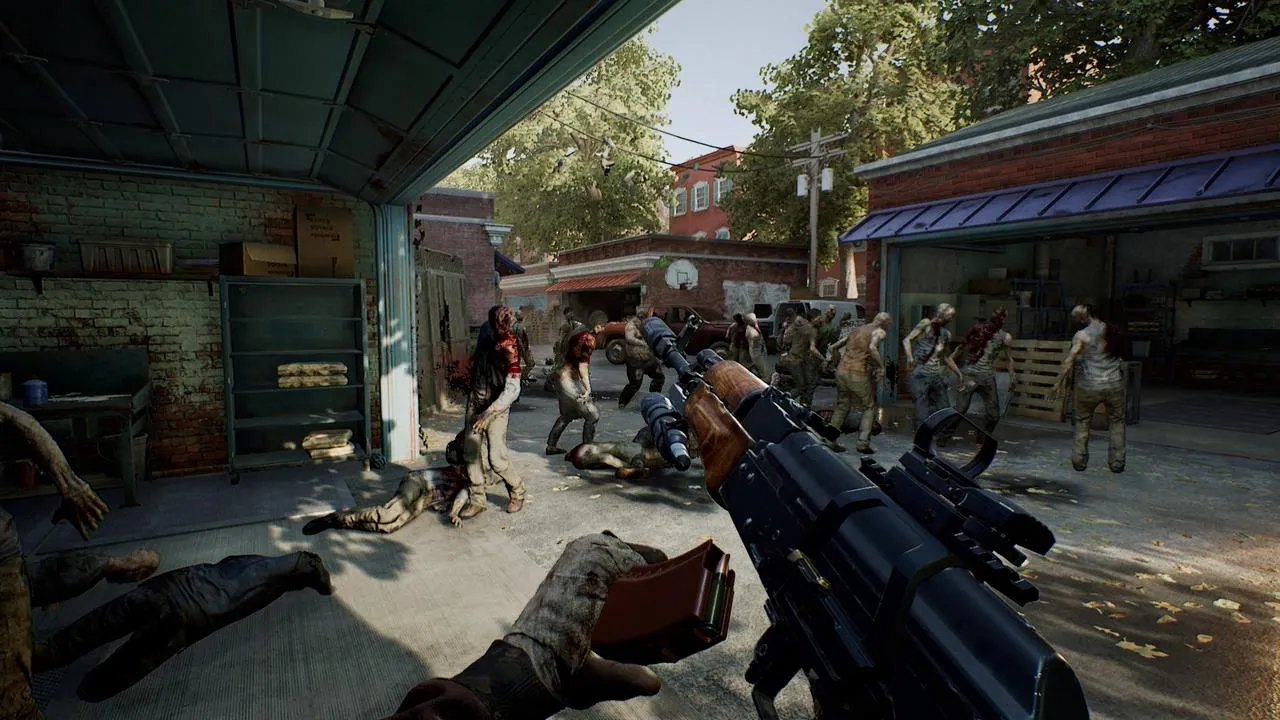
Overkill’s The Walking Dead: A Disappointing Entry in the Franchise
The Walking Dead franchise has captivated audiences since its initial comic book release, spawning successful adaptations in both television and video games. While the TV series has achieved widespread acclaim, video game adaptations have seen mixed results, with Telltale’s The Walking Dead standing out as a shining example of how to translate the source material’s emotional depth into an interactive experience. Overkill Software, known for the Payday series, aimed to deliver a new and exciting take on the universe with Overkill’s The Walking Dead, even boasting the support of comic creator Robert Kirkman. Initial trailers promised a gripping and immersive experience, leaving fans eager for its release. However, the final product fell dramatically short of expectations.
 alt text: A screenshot from Overkill's The Walking Dead showing a character aiming a weapon in a dimly lit environment.
alt text: A screenshot from Overkill's The Walking Dead showing a character aiming a weapon in a dimly lit environment.
A Lifeless World
Overkill’s The Walking Dead drops players into the ravaged landscape of Washington D.C., offering a choice of four playable characters tasked with building and defending a survivor camp against both walkers and hostile human factions. Despite the rich lore of The Walking Dead and the involvement of Robert Kirkman, the game’s world feels surprisingly hollow and emotionally detached.
The four main characters lack compelling backstories and distinct personalities, hindering any meaningful connection with the world or their fellow survivors. Their identities seem solely derived from the pre-release trailers, leaving them feeling like empty shells within the game itself.
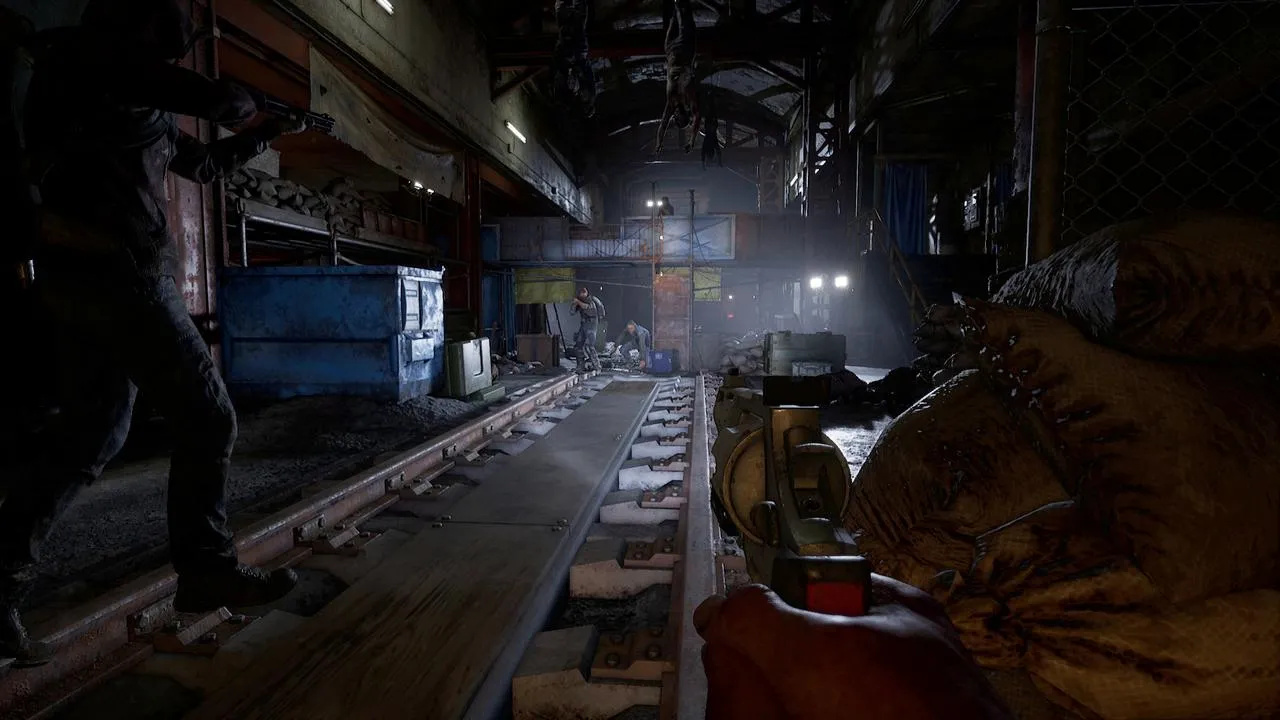 alt text: A screenshot from Overkill's The Walking Dead showing two characters in the survivor camp.
alt text: A screenshot from Overkill's The Walking Dead showing two characters in the survivor camp.
Fellow survivors within the camp fare no better. Designated as leaders, they offer little beyond mission briefings and functional interactions like trading and supply management. Their lack of personality renders them forgettable and diminishes the player’s motivation to protect the camp. The world, despite its post-apocalyptic setting, lacks a sense of urgency and genuine threat.
Conflicting Gameplay Mechanics
Each character comes equipped with two primary weapons and a melee weapon, seemingly offering tactical versatility. However, the gameplay mechanics in Overkill’s The Walking Dead clash in frustrating and self-defeating ways. Ranged weapons, including crossbows and guns, quickly lose their silencers after a few shots, increasing noise and attracting walkers. Guns also jam without regular maintenance, which can only be performed back at the base. This forces players to meticulously manage their equipment, lest they find themselves severely disadvantaged during missions.
Melee weapons offer a quieter alternative, but they come with their own set of drawbacks. Walkers can easily grab players within melee range, putting them in a vulnerable position. The game emphasizes stealth, utilizing a noise meter that fills as players make noise. Each filled segment on the meter increases the number of walkers attracted to the area, making loud gunfire a risky proposition.
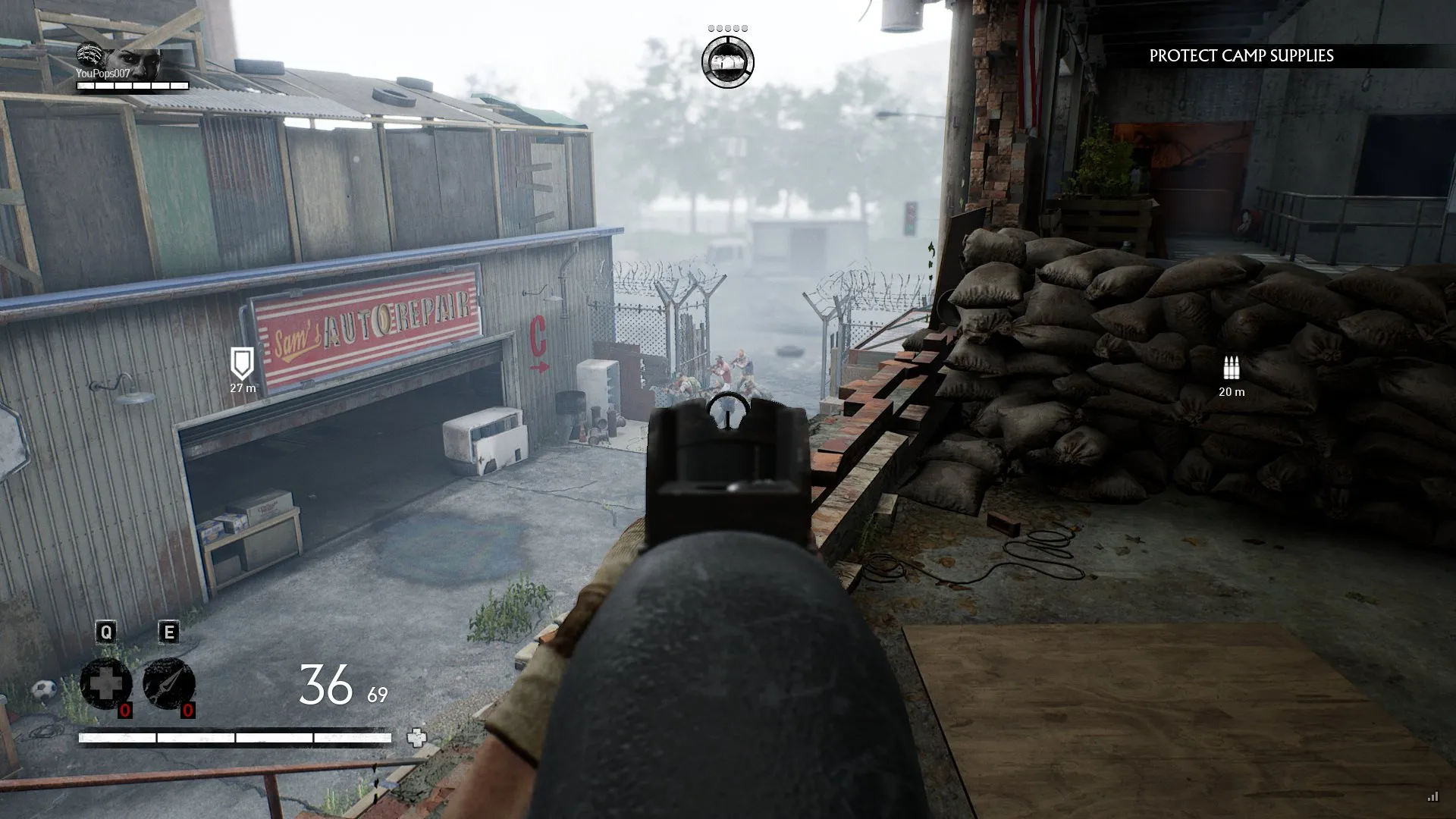 alt text: Gameplay screenshot from Overkill's The Walking Dead showing a character confronting a group of walkers.
alt text: Gameplay screenshot from Overkill's The Walking Dead showing a character confronting a group of walkers.
While stealth-focused gameplay aligns with the spirit of The Walking Dead, the implementation here feels flawed. Human enemies, like the hostile faction known as The Family, frequently engage in loud firefights, inadvertently triggering the noise meter and attracting hordes of walkers onto the player. This creates an unbalanced and unfair challenge, where the player is penalized for the actions of AI-controlled characters.
Ironically, the walkers often exhibit more intelligence than their human counterparts. Their sensitivity to sound and sheer numbers constantly pressure the player, especially during solo play, which is a common occurrence due to the game’s low player base. Human enemies, on the other hand, display bafflingly poor awareness, failing to react to nearby sounds, including gunfire and traps. They even prioritize attacking distant walkers over the player standing right next to them.
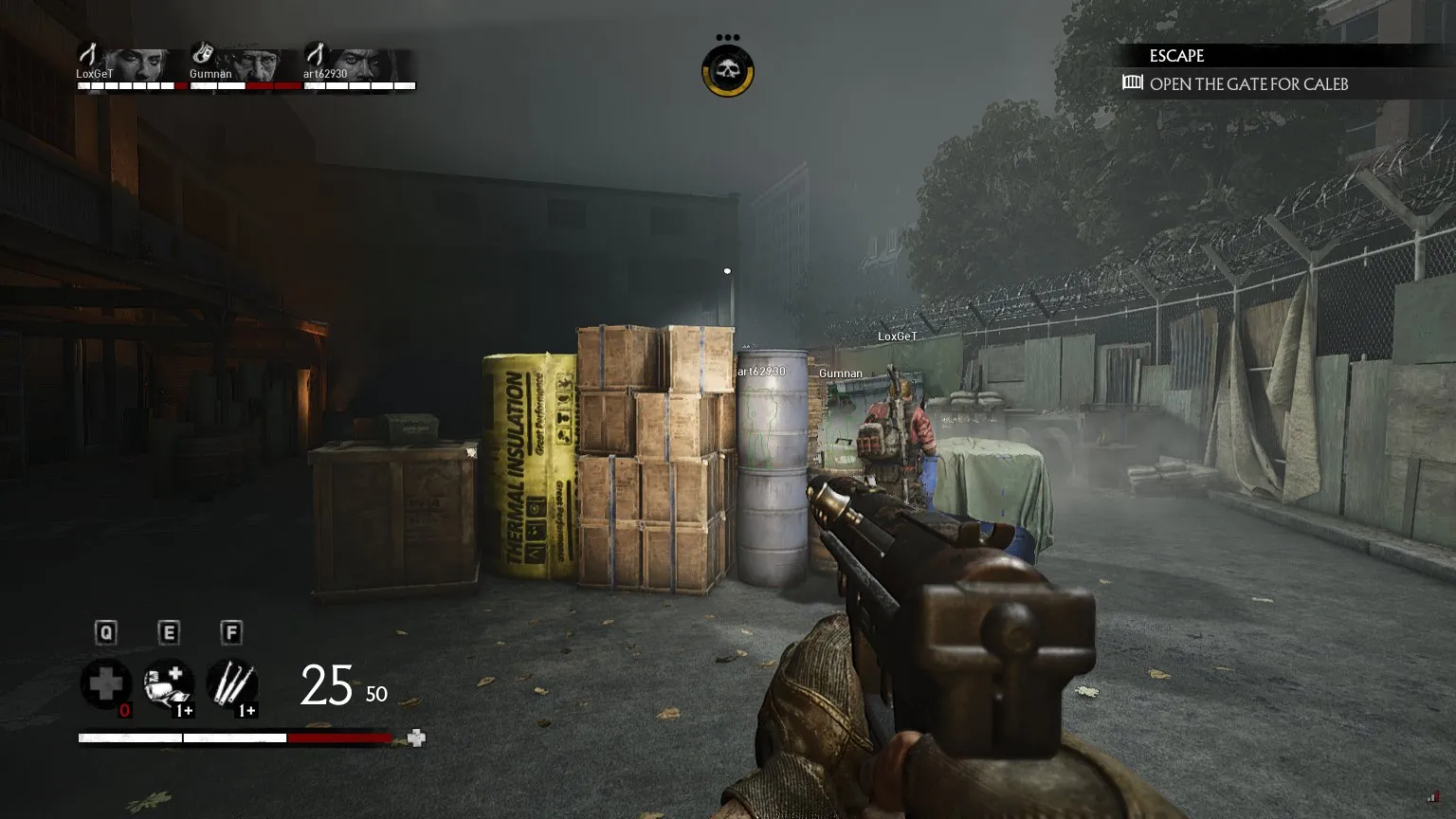 alt text: A promotional image for Overkill's The Walking Dead showcasing the game's characters.
alt text: A promotional image for Overkill's The Walking Dead showcasing the game's characters.
Questionable Design Choices
Further compounding the gameplay issues is the lack of a quick melee attack button. While most first-person shooters allow for a quick melee attack while wielding a gun, Overkill’s The Walking Dead inexplicably omits this feature. While the game does have a dedicated melee weapon slot, the cumbersome weapon switching process makes quick melee attacks impractical. This is particularly frustrating given that characters carry a small knife specifically for executing downed enemies. Why include a knife for executions if the game doesn’t facilitate close-quarters combat?
The game also lacks a leaning mechanic while in cover. This forces players to fully expose themselves when firing at enemies, making them easy targets. Given the frequent encounters with overwhelming numbers of enemies, a leaning mechanic would have provided much-needed tactical advantage.
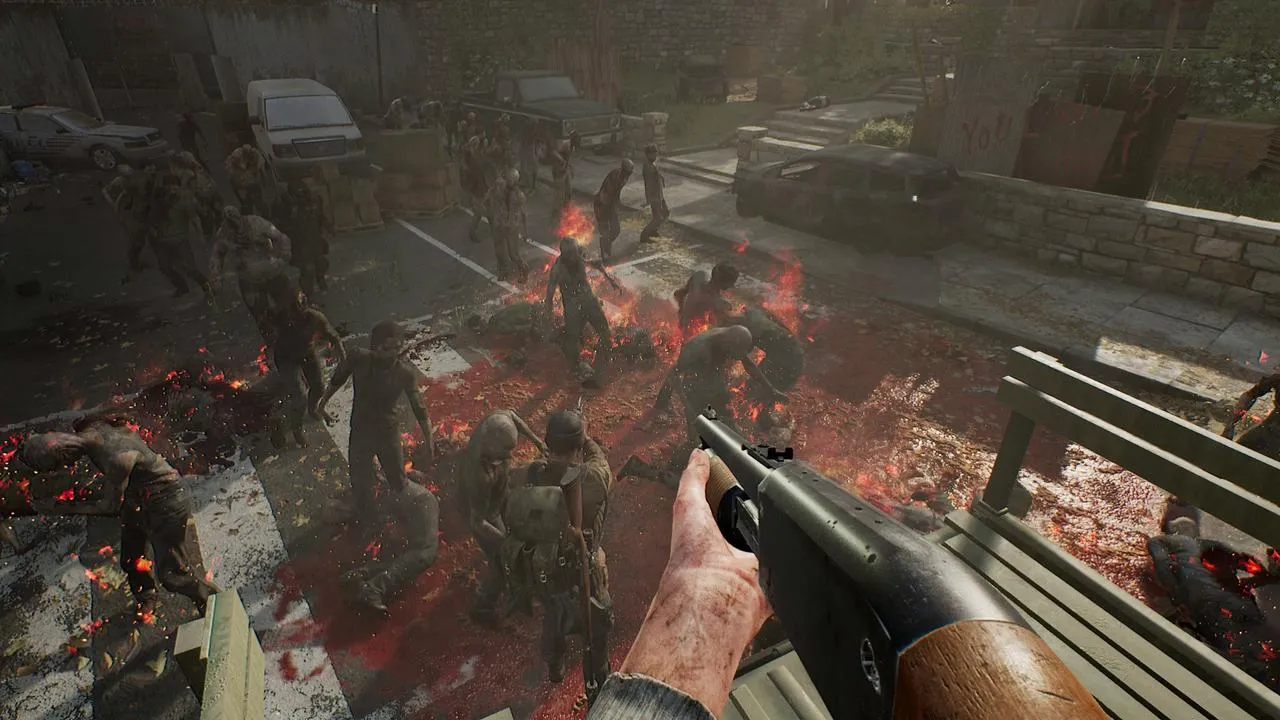 alt text: A screenshot from Overkill's The Walking Dead displaying the character upgrade menu.
alt text: A screenshot from Overkill's The Walking Dead displaying the character upgrade menu.
The progression system also falls flat. Weapons and character skills offer minimal improvements, failing to incentivize players to invest time in upgrading. For example, Aiden’s damage reduction skill provides negligible protection and remains largely ineffective even after upgrades. Similarly, Maya’s faster revive skill offers little practical benefit, especially during solo play.
Conclusion
Overkill’s The Walking Dead ultimately fails to capture the essence of the franchise. Its lifeless world, conflicting gameplay mechanics, and questionable design choices combine to create a frustrating and ultimately disappointing experience. Despite the initial promise and the backing of Robert Kirkman, the game falls short of its potential and ultimately disappoints fans of The Walking Dead universe.
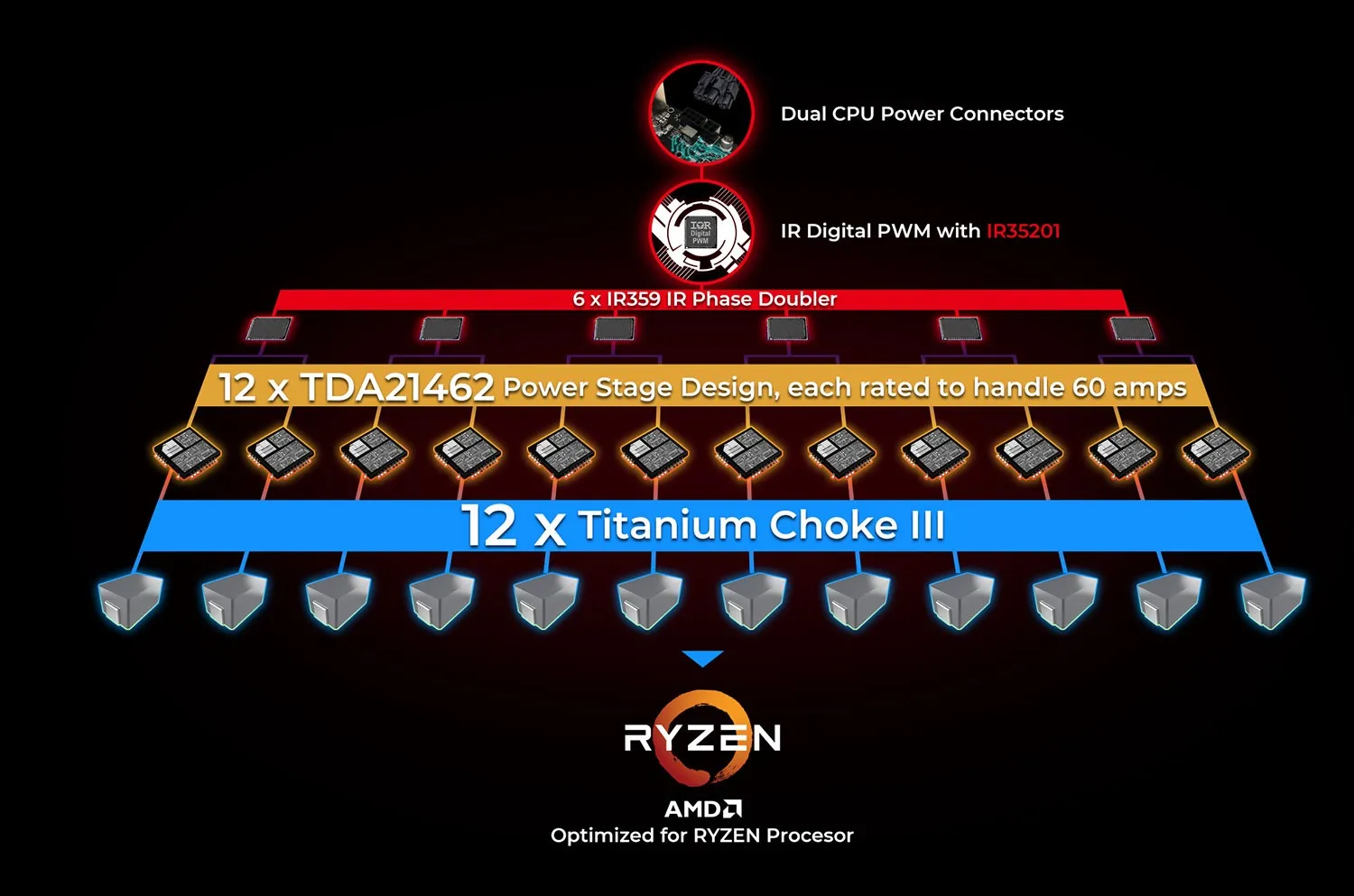
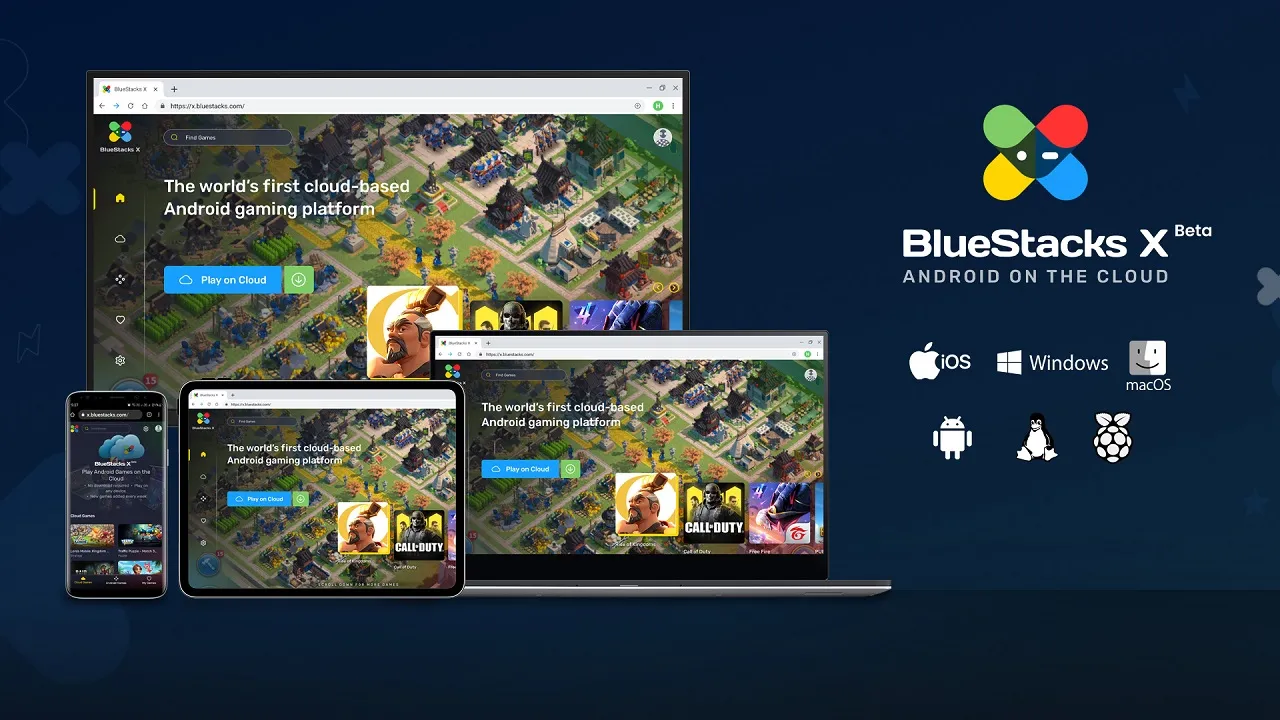

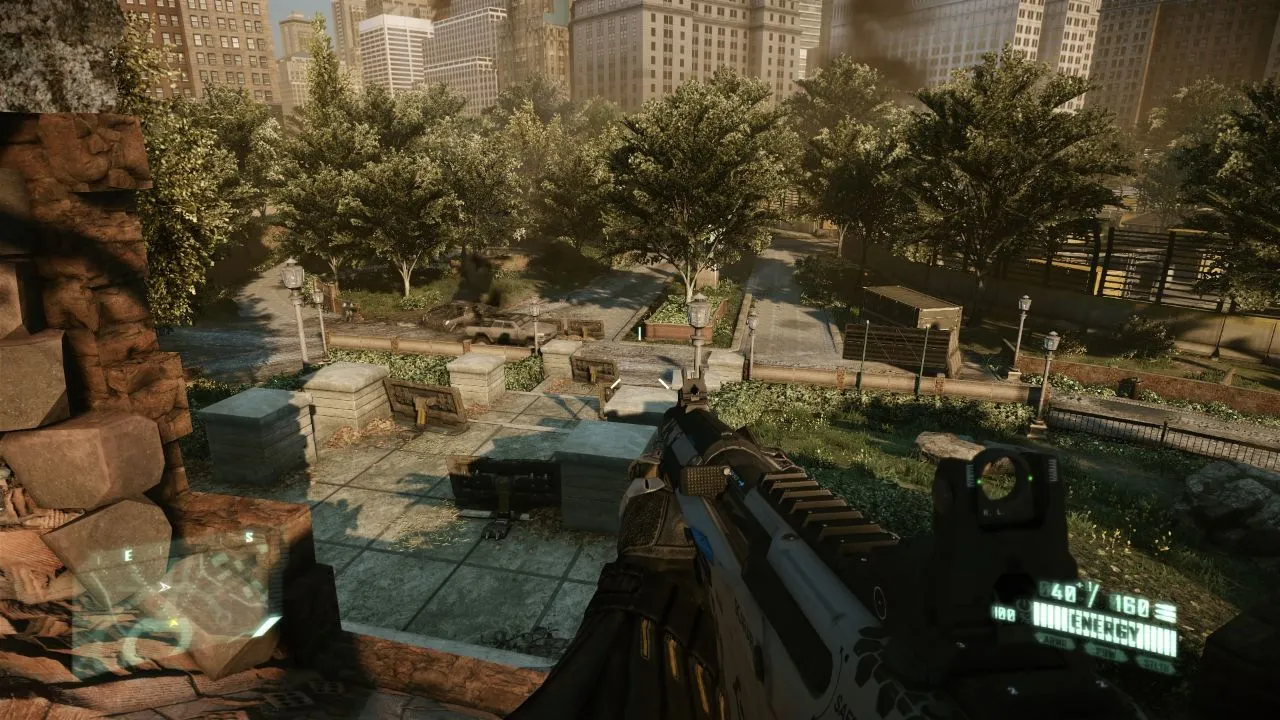
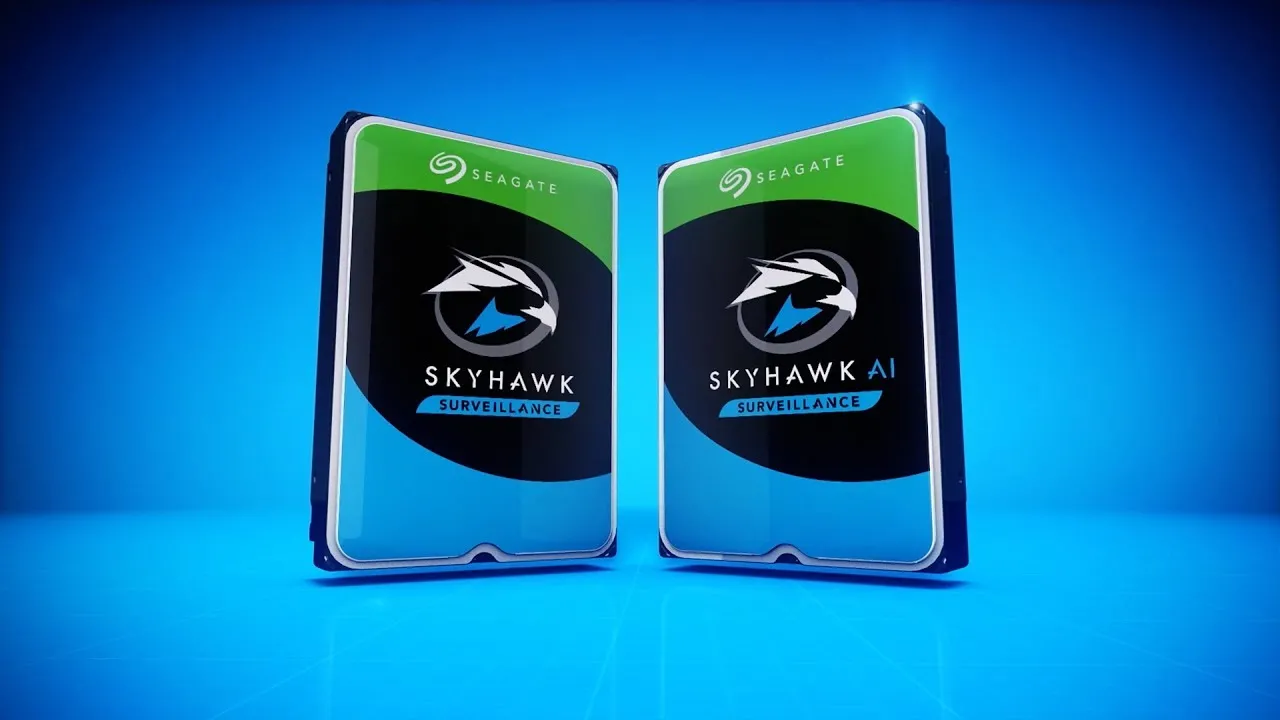
Comments (0)